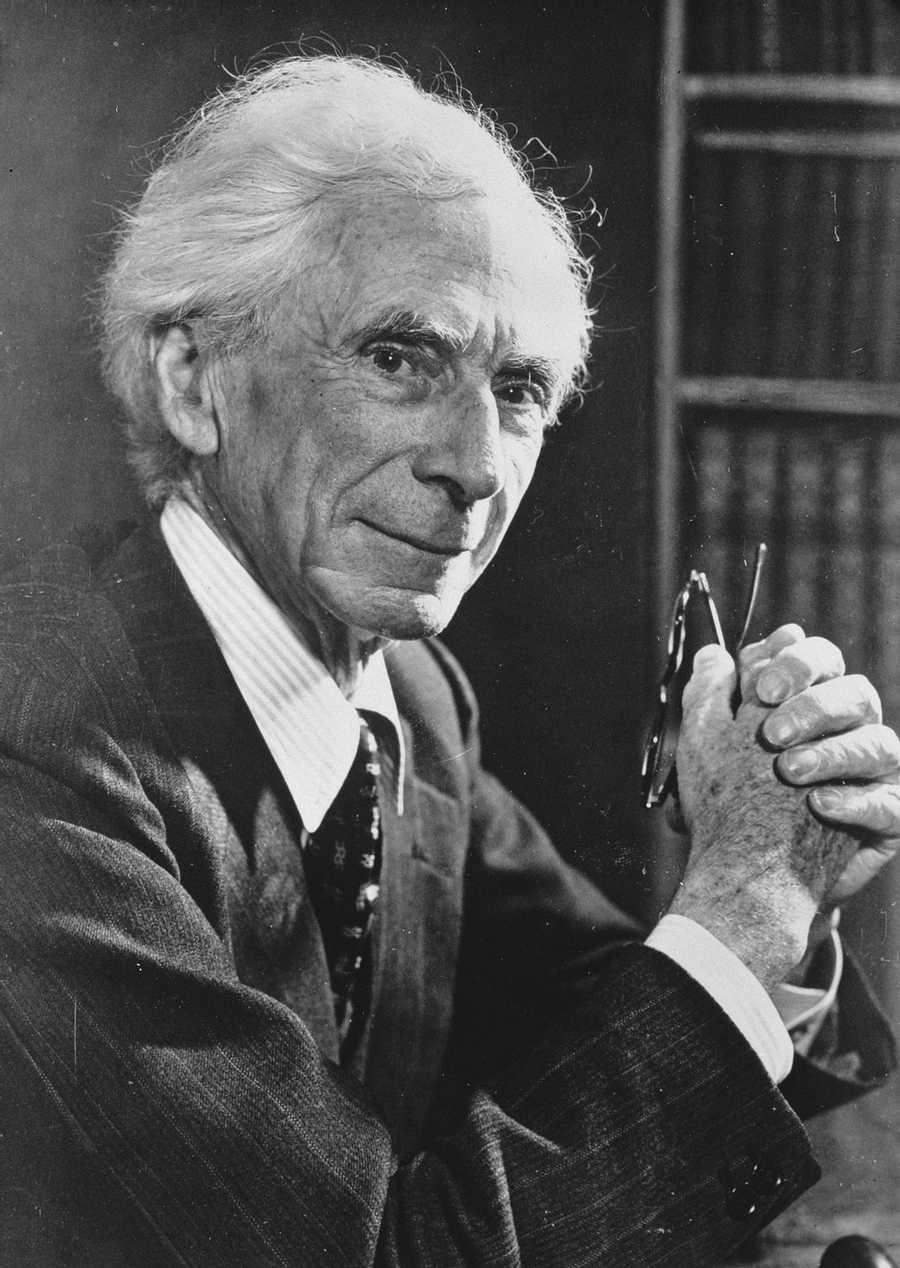Lessons From Copernicus: How To Develop New Perspectives
Curated from: medium.com
Ideas, facts & insights covering these topics:
8 ideas
·122 reads
Explore the World's Best Ideas
Join today and uncover 100+ curated journeys from 50+ topics. Unlock access to our mobile app with extensive features.
The world during Copernicus
Before Nicolaus Copernicus, humans thought that all celestial objects revolved around the Earth, what is known as geocentrism.
With great opposition from the Catholic church, his theory, called heliocentrism, proposed the opposite, that the Earth and other planets are orbiting around the Sun.
Even though he faced many challenges, his point of view influenced later minds like Galileo and Newton and his theory sits at the base of modern science today.
2
27 reads
The Copernican Lens
Shift your vantage point.
His ideas prove how much not unhinged his thinking was by the others.
The accepted truth at the time was that we are at the center of the universe. People were attaching special importance to themselves and this prevented them from viewing things from other perspectives.
2
10 reads
Confirmation Bias
The next step in developing new perspectives is solving our confirmation bias, our tendency to choose information that confirms our already existing beliefs.
We search only for evidence that supports our ideas and we see only what we are able to comprehend.
This is why overcoming confirmation bias is so important in our development because otherwise everything we percieve becomes support for our worldview.
2
7 reads
The human understanding when it has once adopted an opinion draws all things else to support and agree with it.
FRANCIS BACON
3
21 reads
Most people use statistics like a drunk man uses a lamp post; more for support than illumination.
MARK TWAIN
2
17 reads
Search for disconfirming evidence
One of the most powerful approaches to overcome cognitive bias is to seek out disconfirming evidence. Understand how opposing people in an argument arrived at that conclusion and find out why they believe what they do.
Always ask yourself what confirmations can you seek out in order to change your mind on a specific matter.
2
14 reads
Developing New Perspective
More than often, the major barrier to new perspectives is not intellectual, but emotional.
Even though we have access to so much information, nobody wants to bear the emotional endeavour that is required in challenging your own set of beliefs.
Imagine how Copernicus must have felt before publishing his theory, knowing that he was risking his entire life's work.
2
14 reads
In all affairs it’s a healthy thing now and then to hang a question mark on the things you have long taken for granted.
BERTRAND RUSSELL
2
12 reads
IDEAS CURATED BY
Vlad Fulgeanu's ideas are part of this journey:
Learn more about religionandspirituality with this collection
The historical significance of urban centers
The impact of cultural and technological advances
The role of urban centers in shaping society
Related collections
Similar ideas
4 ideas
We Learn Faster When We Aren’t Told What Choices to Make
scientificamerican.com
11 ideas
How to Become More Open-Minded
verywellmind.com
8 ideas
Read & Learn
20x Faster
without
deepstash
with
deepstash
with
deepstash
Personalized microlearning
—
100+ Learning Journeys
—
Access to 200,000+ ideas
—
Access to the mobile app
—
Unlimited idea saving
—
—
Unlimited history
—
—
Unlimited listening to ideas
—
—
Downloading & offline access
—
—
Supercharge your mind with one idea per day
Enter your email and spend 1 minute every day to learn something new.
I agree to receive email updates


